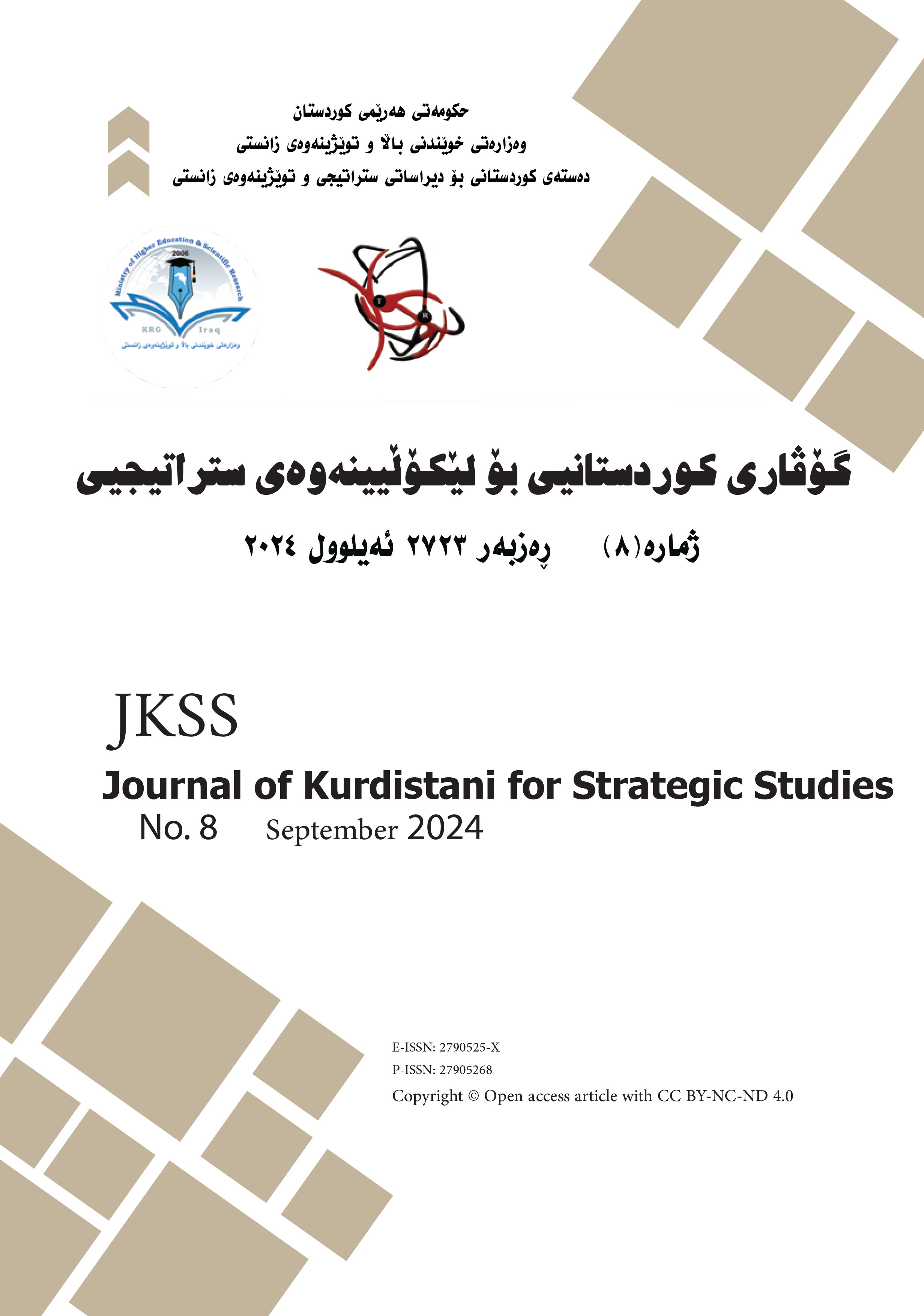Impact of Organizational Justice on Employee Performance
Keywords:
Organizational justice, Distributive justice, Procedural justice, Interactional justice, Employee performanceAbstract
This study examines the relationship between organizational justice and employee performance within the office of the Ministry of Higher Education and Scientific Research in the Kurdistan Region of Iraq. Organizational justice, defined as perceived fairness in procedural, interpersonal, and distributive dimensions at the workplace, was analyzed using a sample of 154 employees and academic staff. Regression and correlation analyses revealed that all three dimensions significantly impact employee performance, with Interactional justice identified as the strongest predictor. The study’s cross-sectional design involved collecting data through questionnaires and applying statistical techniques, including reliability analysis, factor analysis, correlation, and regression. The findings underscore the positive effect of organizational justice on employee performance and provide valuable insights for academic managers in policy-making. Recommendations were offered to policymakers in higher education, emphasizing the importance of fair procedures, resource allocation, and interactions. The study suggests that implementing justice in organizational practices can boost employee confidence and performance. These results are expected to be useful for organizations, their managers, and HR departments, as well as future researchers, offering a deeper understanding of how organizational justice influences performance in higher education.







